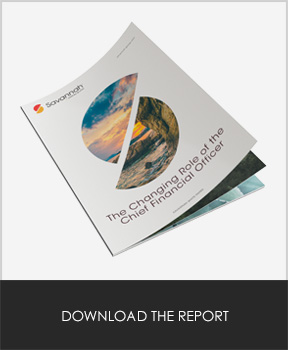Download the full report here >
Introduction
 Throughout history, economic downturns have had distinct characteristics, and while they are neither rare nor inexplicable in a market economy, they share some routine commonalities in both cause and consequence. The desire to assign blame is a common feature of the aftermath, as is the resultant change for which the most recent recession has acted as a powerful catalyst.
Throughout history, economic downturns have had distinct characteristics, and while they are neither rare nor inexplicable in a market economy, they share some routine commonalities in both cause and consequence. The desire to assign blame is a common feature of the aftermath, as is the resultant change for which the most recent recession has acted as a powerful catalyst.
Subsequent to the financial crash in 2008, many businesses have divested non-core assets, reduced their debt burdens and improved efficiencies in order to survive. In fact, for many in the FTSE, processes are more effective and fit for purpose than ever before. Boardrooms are better versed, balance sheets have rarely looked so cash-rich and healthy, and companies have never looked so lean. Such efforts are finally beginning to yield the desired results and arguably, businesses are in a position to prosper once more, rather than merely endure.
Evidently much of this type of transformation is led by the CFO and thus the role has become much more influential and looks set to remain so. Equally, the role has become much more complex and inherently demanding.
However, the impact of the global economic downturn runs deeper than the balance sheets. When economies are booming, governments are esteemed and businesses congratulated.
But when the chips are down, we look for someone to blame, making businesses and their boards more vulnerable to attack in the current climate. Shareholder activism is back.
Several years on, what effect has all this had on the role of the CFO and leadership positions in the functions they run? What impact have the financial crisis and modern day demands had on companies’ communications, reporting, strategy and risk assessment?
As part of Savannah’s ongoing research into the business issues impacting executive hiring, we explored these questions in a series of indepth interviews with prominent CFOs from major multinationals. The results show a strong consensus: Yes, they say, business challenges in the wake of the downturn have profoundly changed the CFO role.
In the following paper, we seek to explore these findings and offer my own perspectives based on our ongoing dialogue with CFOs in the UK




